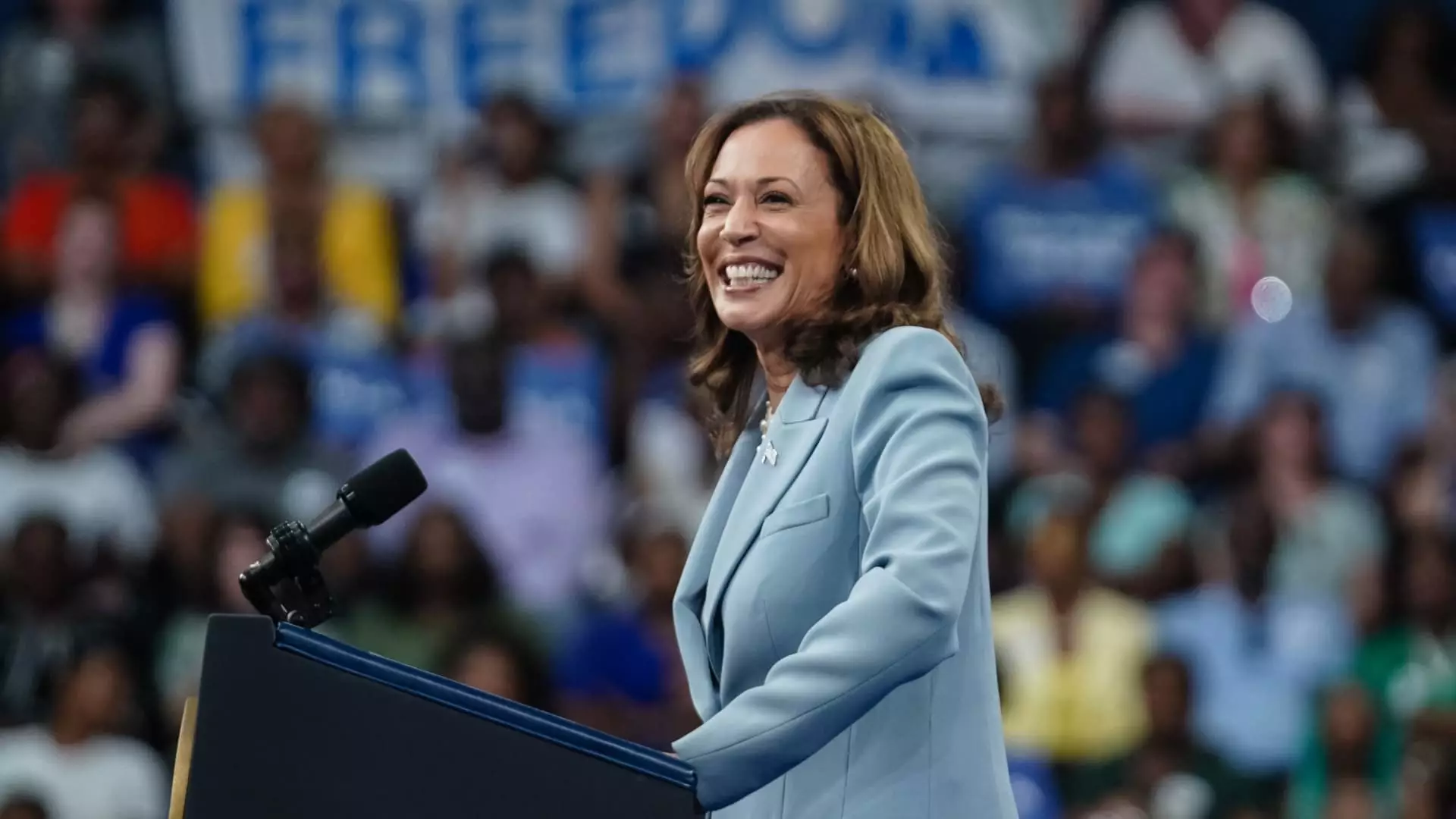Building up the middle class is a crucial goal for any administration to ensure the strength of the nation as a whole. Vice President Kamala Harris has been vocal about her intentions to prioritize the middle class during her presidency. An important proposal that she advocated for during her first presidential bid in 2020 and as a senator was the LIFT the Middle Class Act. This act aimed to provide an annual tax credit of up to $3,000 per person (or $6,000 per couple) for lower- and middle-income workers. The proposed credit was seen as significant tax relief that would ease the financial burden on working-class Americans.
While the idea of providing a tax credit to support lower- and middle-income workers is commendable, the feasibility of implementing such a program poses challenges. The cost of the LIFT Act was estimated to be extremely high, according to the Tax Policy Center. To fund this additional financial support, Harris proposed repealing provisions of the Tax Cuts and Jobs Act for taxpayers earning more than $100,000. However, in the current economic climate with growing concerns over the federal budget deficit, finding the necessary resources to support such a tax credit may be difficult.
Another aspect of Harris’ economic policies focused on addressing housing affordability, particularly for renters. While advocating for rent caps and challenging corporate landlords to prevent unfair rent increases, Harris aimed to provide relief to low- and middle-income families struggling with rising housing costs. However, economists have raised concerns about the unintended consequences of rent control policies, which could impact the availability of rental units in the market. The fear is that such policies could lead landlords to take their properties off the rental market, exacerbating the housing crisis.
With the implementation of the child tax credit as part of the American Rescue Plan, experts argue that focusing on expanding and sustaining this credit may be more beneficial than revisiting the LIFT Act. The child tax credit has been credited with reducing child poverty rates significantly, making it a key priority for Democrats. The child tax credit expansion has shown tangible results in alleviating poverty among families, which may make it a more attractive option for policymakers looking to support the middle class.
As Vice President Kamala Harris emerges as a front-runner for the Democratic nomination, the focus on economic policies to strengthen the middle class remains paramount. While the LIFT Act proposed tax credits for lower- and middle-income workers and rent control policies to address housing affordability, the child tax credit expansion has shown promise in reducing poverty rates among families. Moving forward, policymakers will need to weigh the benefits and challenges of various economic policies to ensure a more equitable and prosperous society for all.

